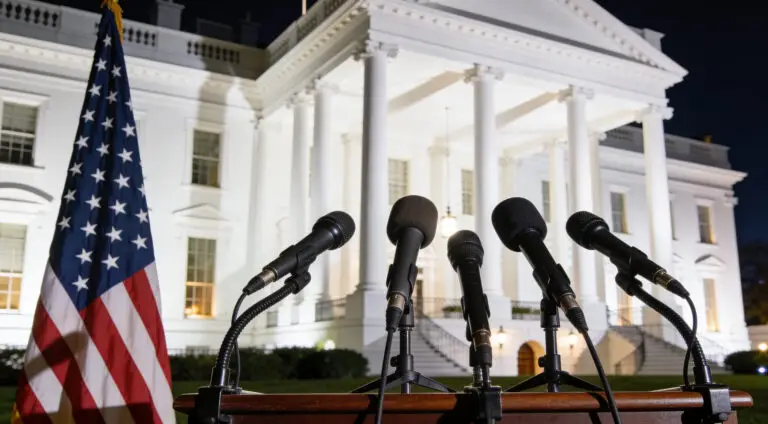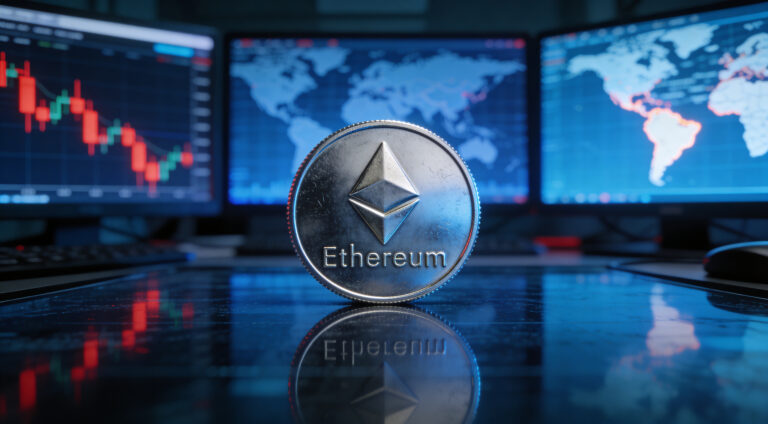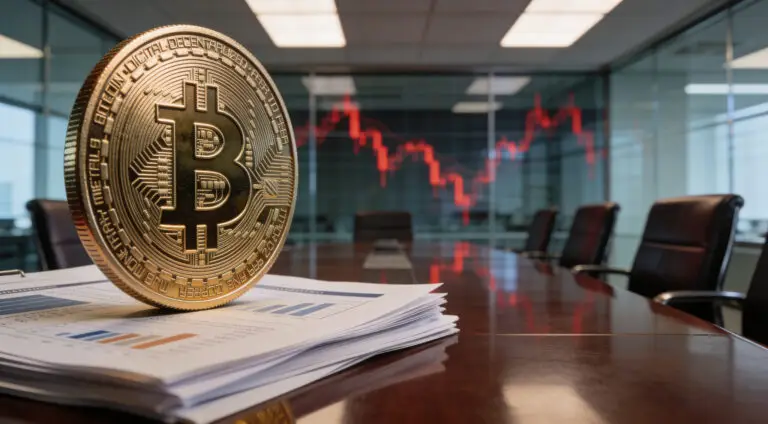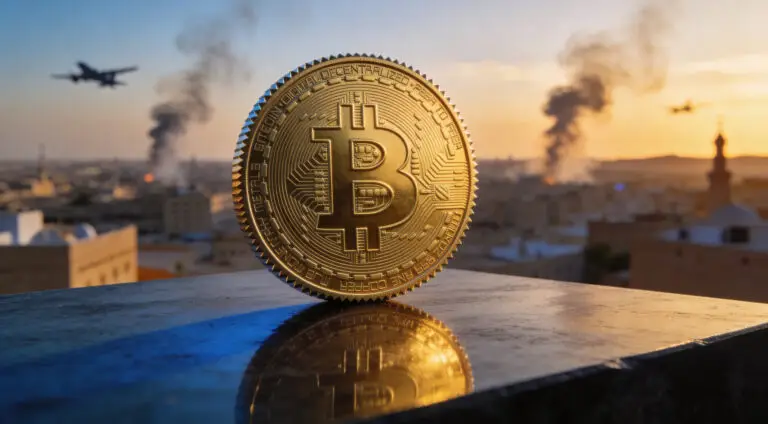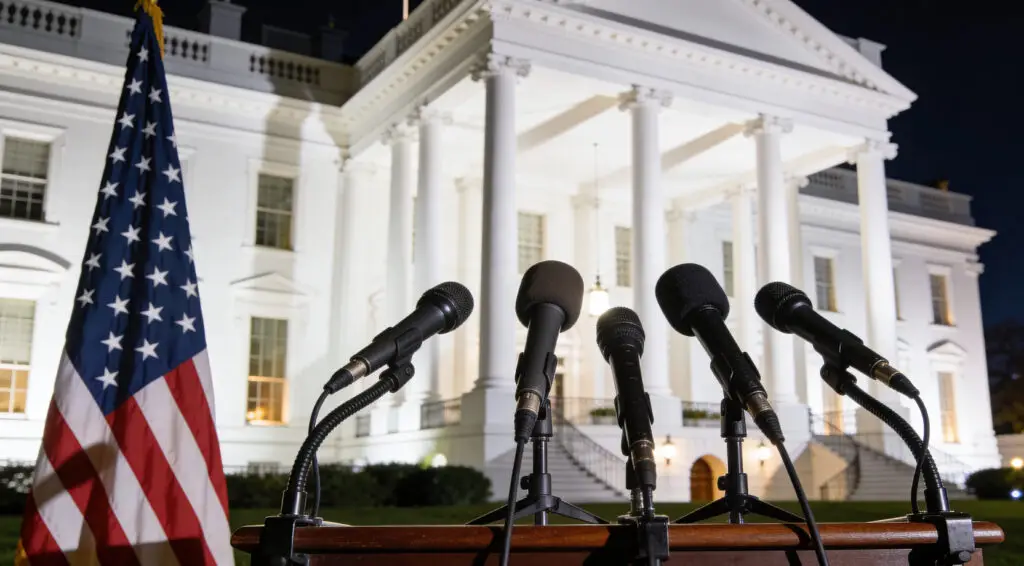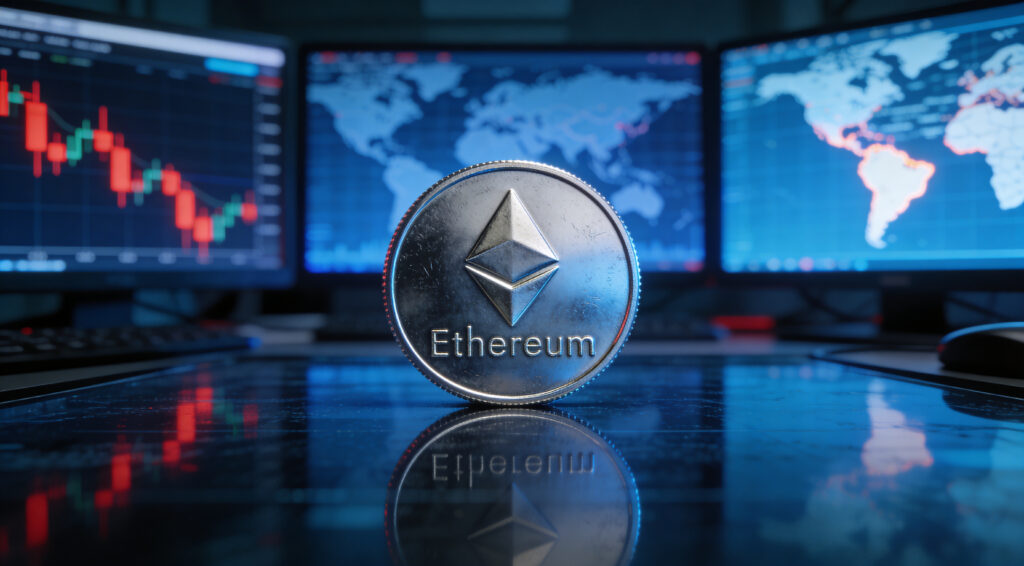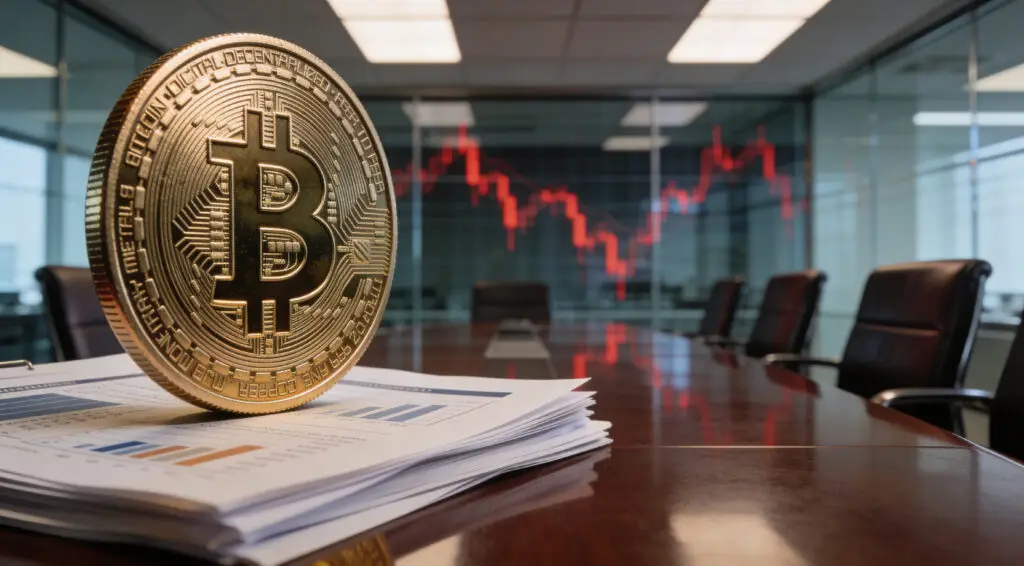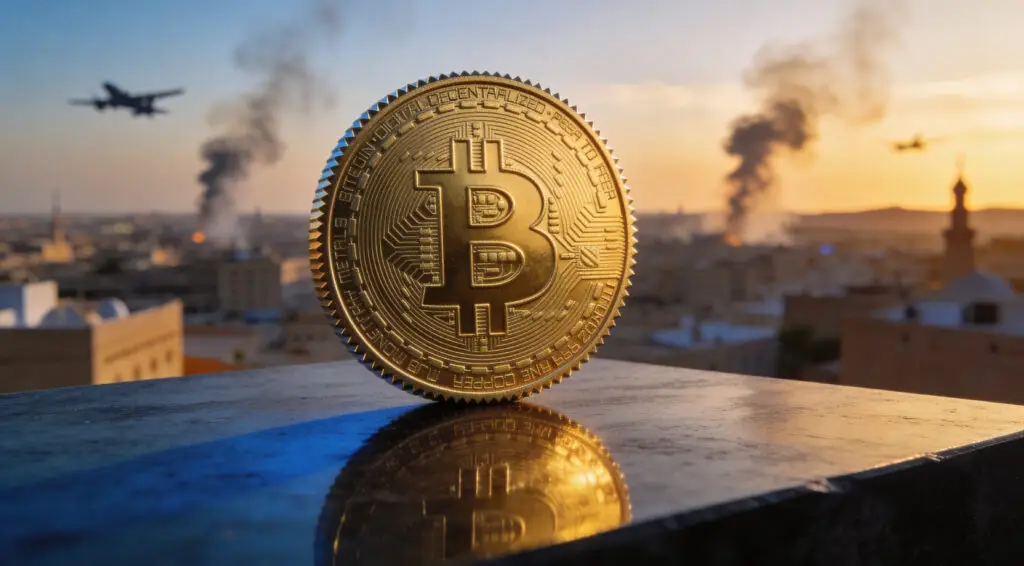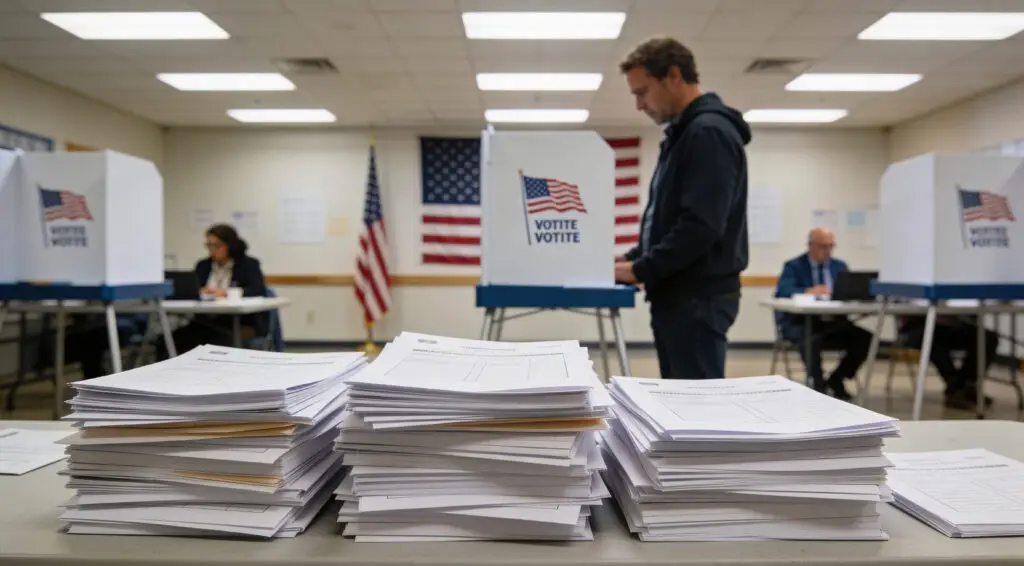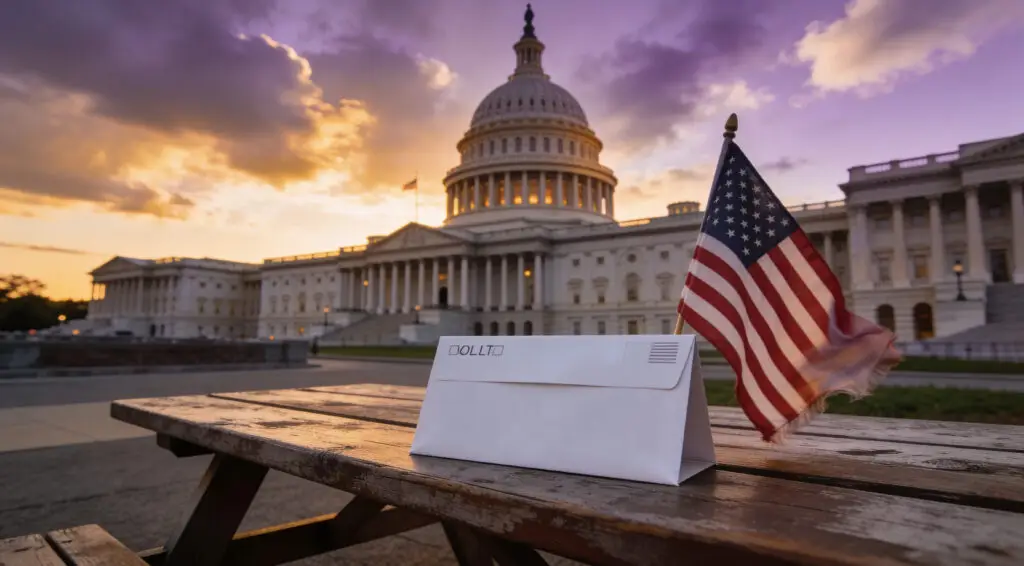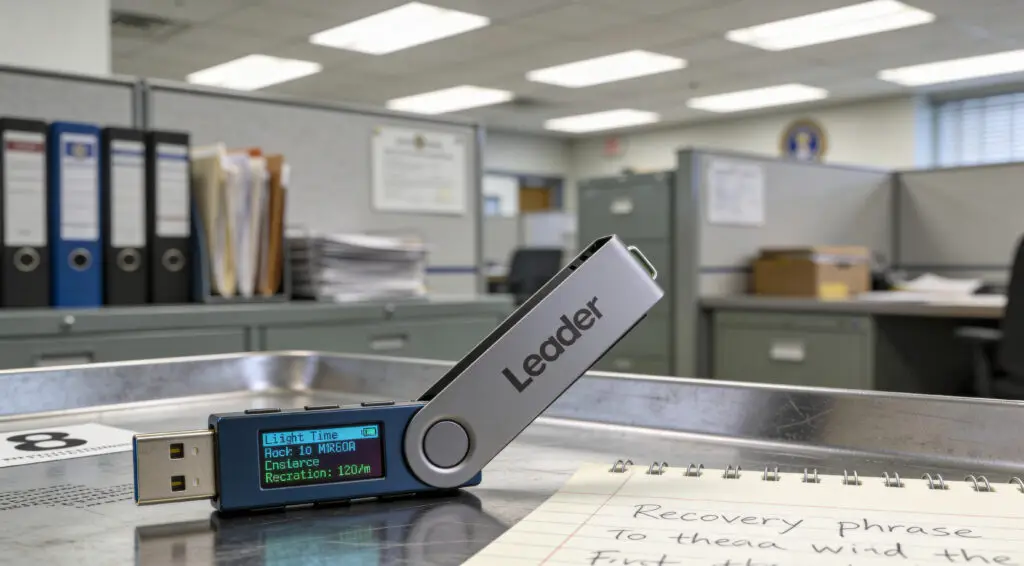A New Frontier for Influence: Crypto and the Trump Empire
The Trump family’s cryptocurrency dealings are rapidly reshaping the landscape of political ethics, raising urgent questions about transparency, influence, and access to power. Once criticized for monetizing hotel stays and golf memberships during his presidency, Donald Trump now presides over a growing web of digital currency ventures, where the financial stakes and opacity are exponentially greater.
With multiple meme coins, a crypto exchange, and a mining company linked to the former president and his sons, critics warn that the scale and anonymity of the cryptocurrency world offer troubling new opportunities for influence peddling on a global scale.
“There’s a limit to how many $800 hotel rooms you can book… But someone can just make a $20 million crypto purchase, and that’s a scale we’ve never seen before,” said Jordan Libowitz, vice president for communications at Citizens for Responsibility and Ethics in Washington (CREW).
The Pay-to-Play Dinner That Sparked a Firestorm
Much of the latest concern surrounds a private dinner with Trump, billed as an “unforgettable gala” for top holders of the $TRUMP meme coin. The auction, which concluded Monday, promised the top 25 holders face time with Trump and a “VIP tour” of one of his private clubs.
Critics see the dinner as a brazen example of monetizing access to political power.
“He is essentially selling access to the presidency of the United States,” Libowitz said, calling the event “the sum of all fears”—a worst-case scenario anticipated by the U.S. Constitution’s emoluments clause, which bars federal officials from accepting gifts or benefits from foreign governments without congressional approval.
Unlike traditional donor events where names and contributions are recorded, crypto’s pseudonymous nature makes it nearly impossible to trace who is paying—and why.
Millions Flow In as Crypto Ventures Expand
The meme coin behind the Trump dinner has already generated massive returns for entities tied to the Trump Organization. According to data from crypto research firm Chainalysis, $148 million flowed into the $TRUMP coin over the past month. Roughly 80% of the coin’s supply is controlled by two Trump-affiliated entities that profit off transaction fees. Chainalysis estimates those fees have netted at least $1.3 million since the dinner auction was announced.
Beyond meme coins, Trump’s sons Eric Trump and Donald Trump Jr. are backing American Bitcoin, a cryptocurrency mining firm preparing to go public. Soon, retail investors with brokerage accounts will be able to buy shares, further expanding the Trump crypto ecosystem into traditional financial markets.
Meanwhile, World Liberty Financial, a Trump-linked crypto exchange that issues its own token, recently struck a deal to receive $2 billion in deposits from a venture fund supported by Abu Dhabi’s government. The revelation, first reported by The New York Times, torpedoed Senate legislation aimed at establishing clearer crypto regulations—a bill heavily backed by the industry.
Republicans Also Voice Concern
Even conservative allies are beginning to raise eyebrows over Trump’s personal crypto profits. Senator Cynthia Lummis, a Wyoming Republican and co-sponsor of the now-stalled crypto legislation, told The Times the former president’s entanglements complicate regulatory efforts.
“It does give me pause because it complicates our work here,” Lummis said.
Trump’s public advocacy for the industry—including proposals to establish a “strategic” bitcoin reserve—adds another layer of potential conflict, especially as he personally benefits from the industry’s growth and deregulation.
Denials from the White House, Doubts from Ethics Experts
Despite mounting concerns, the Trump White House has been quick to dismiss accusations of wrongdoing. On Friday, press secretary Karoline Leavitt pushed back on questions about whether the president would conduct private business during an upcoming Middle East trip.
“It’s frankly ridiculous that anyone in this room would even suggest that President Trump is doing anything for his own benefit,” Leavitt said. “This White House holds itself to the highest of ethical standards.”
Yet ethics watchdogs and legal scholars strongly disagree. CNN reports that experts see Trump’s crypto involvement as a uniquely dangerous convergence of personal enrichment and public office, particularly given crypto’s anonymity and lack of global oversight.
Libowitz warned that the relatively niche status of cryptocurrency, combined with limited public understanding, creates what he called a “level of security by obscurity.”
With just 17% of U.S. adults having ever used or invested in cryptocurrency, according to a 2024 Pew Research study, the full implications of Trump’s crypto strategy may not be widely understood—but the potential for abuse, critics argue, is all too clear.



